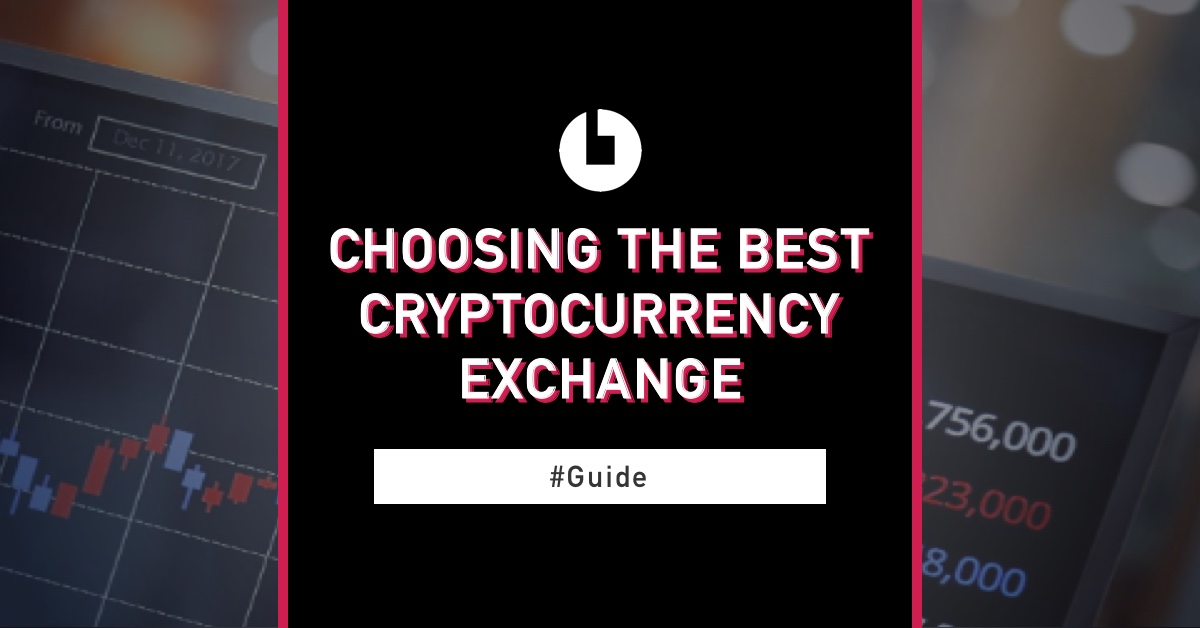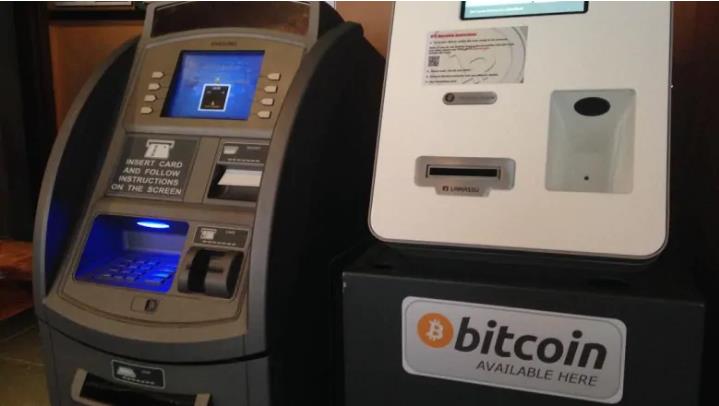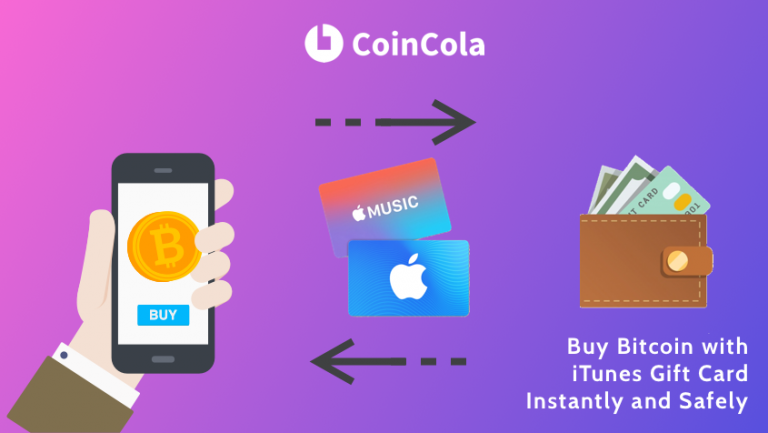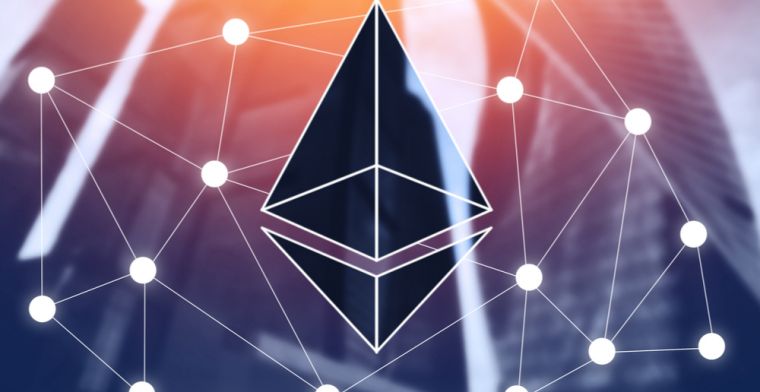How to Choose the Best Crypto Exchange?
Since 2011, cryptocurrency exchanges have suffered from 56 successful cyber attacks. The total amount of money lost is as high as $1.63 billion, according to London’s Autonomous Research.
This is an extraordinary number, especially when you consider that some of the biggest break-ins happened long before 2017’s crypto boom. Otherwise, the figure would be far higher; the Mt. Gox hack alone would be worth over $5 billion at 2017’s peak prices.
This begs the question: why is the crypto space so prone to criminal attacks? And how can consumers know which exchanges are trustworthy and resilient to criminal attacks?
In this article, we’ll answer these 2 major questions by exploring the key factors of crypto exchange safety.
Why many exchanges are risky?
Cryptocurrencies are digital assets. Depending on the exact nature of a specific cryptocurrency, they’re called “coins”, “tokens”, “digital assets”, etc.
Now here’s the thing. When you buy something at a stock exchange, the exchange doesn’t hold the asset for you. Crypto exchanges, however, do hold your assets for you. As a result, they have large virtual coffers stuffed to the brim with their customers’ tokens.
This means that robbing a crypto exchange is far more lucrative than stealing from any single crypto wallet. Moreover, stealing from an exchange can be far easier, all other things being equal. Here’s why.
Satoshi Nakamoto – the creator(s) of Bitcoin – has a wallet with 1,000,000 BTC. During 2017’s crypto boom, this wallet was worth well over $20 billion dollars; 20 times more than Facebook paid for Instagram in 2012. This makes the wallet an excellent target for thieves.
The problem is that finding and breaking into Satoshi Nakamoto’s wallet would require trying more wallet address and passcode combinations than there are atoms in the known universe. A supercomputer would need millions of years to execute the attack successfully.
Breaking into an exchange, on the other hand, simply means finding a single vulnerability, exploit, or weakness that makes an attack possible. There’s also no need to locate the exchange, since its website and digital assets are public.
What does all of this mean? First, that breaking into a crypto exchange is far easier than doing the same with a crypto wallet. Second, that outside a small number of wallets, crypto exchanges have a lot more money.
This, in a nutshell, is why crypto exchanges are attractive for criminals but risky for their users.
How can you tell an exchange is safe?
Given all of the above, it is essential to understand how find a safe place to buy and store your cryptocurrencies from now on. Below are 3 key attributes to consider.
- User base. The more users and transactions an exchange has, the more trust it establishes among users. It can also guarantees liquidity and volume.
- Cold storage. Exchanges that use cold wallets that are disconnected from the Internet are a lot more secure. Online environment is vulnerable to hacking, as discussed above the Mt.Gox incident.
- Multi-sig transactions and wallets. This feature refers to transactions requiring multiple electronic signatures, adding an additional security layer. Also, multi-sig allows more than 2 people to approve a transactions. Such that if the Canadian crypto exchange QuadrigaCX situation was to happen again, users would still be able to get their assets with others’ signature.
Finding an exchange that has high user numbers, cold storage, and multisig functionality can be tough. Not sure where to find a platform that ticks all the boxes?
With over 100,000 monthly transactions, CoinCola is one of the biggest, most trusted crypto marketplaces. Both cold storage and multisig transactions are implemented to ensure your digital assets are safe with CoinCola.
About CoinCola
Founded in 2016, CoinCola is a Hong Kong based company offering both over-the-counter cryptocurrency trading and crypto-to-crypto pair trading exchange. CoinCola now serves millions of users from over 150 countries with our fast, secure, and reliable trading services. We support BTC, ETH, BCH, LTC, USDT, DASH, and XRP. Visit www.coincola.com for more information.
A partir de el año 2011, se han registrado 56 fructuosos ciberataques a los exchanges de criptomonedas. El total del dinero perdido es de una cantidad tan alta como de $ 1.63 mil millones, de acuerdo con la investigación autónoma de Londres.
Este es un número sorprendente, en especial si tenemos en cuenta que algunos de los mayores robos se llevaron a cabo mucho antes del auge de la criptomoneda en el 2017. De no ser así, la cifra sería mucho más elevada; solamente el hack de Mt. Gox estaría por encima de los $ 5 mil millones de los niveles más altos del 2017.
Esto nos lleva las siguientes preguntas: ¿por qué el entorno de criptomonedas es tan propenso a ataques criminales? ¿Y cómo pueden los consumidores saber qué los exchanges son confiables y resistentes a los ataques criminales?
En este artículo, vamos a responder a estas 2 principales interrogantes indagando en los factores clave de la seguridad que componen el exchange de las criptomonedas.
¿Por qué muchos exchanges no son seguros?
Básicamente las criptomonedas son activos digitales. Tomando en cuenta la naturaleza de cada criptomoneda en específico, se les llama “monedas”, “tokens”, “activos digitales”, entre otros.
Ahora aquí está la cosa. Cuando compras algo en una bolsa de valores, el exchange no mantiene el activo para ti. sin embargo, los intercambios de criptomonedas, retienen sus activos por usted. Como resultado, tienen grandes arcas virtuales llenas hasta los topes con los tokens de sus clientes.
Esto quiere decir que robar un cripto exchange es mucho más lucrativo que robar cualquier billetera digital de criptomonedas. Por otra parte, robar un exchange puede resultar mucho más fácil, si no intervienen otros factores. Este es el por qué.
El creador (es) de Bitcoin Satoshi Nakamoto, tiene una billetera con 1,000,000 BTC. Durante el auge de las criptomonedas del año 2017, esta cartera tenía un costo de más de $ 20 mil millones de dólares; 20 veces más de lo que Facebook pagó por Instagram en el año 2012. Esto convierte a la billetera en un buen objetivo para los ladrones.
El gran inconveniente sería que encontrar e irrumpir la billetera de Satoshi Nakamoto requeriría probar más direcciones de billeteras y combinaciones de códigos de acceso que los átomos en el universo conocido. Una supercomputadora necesitaría millones de años para ejecutar el ataque con éxito.
Por otro lado, irrumpir en un exchange, sencillamente implica encontrar una única vulnerabilidad o debilidad que haga posible tal ataque. Tampoco hay necesidad de localizar el exchange, ya que su sitio web y sus activos digitales son públicos.
¿Qué quiere decir todo esto? En primer lugar, penetrar un cripto exchange es mucho más fácil que hacer lo mismo con una billetera de criptomonedas. En segundo lugar, más allá de un pequeño número de carteras, los cripto exchanges cuentan con mucho más dinero.
En definitiva, esta es la razón por la cual los cripto exchanges resultan ser tan atractivos para los delincuentes pero riesgosos para sus usuarios.
¿Cómo se puede saber que un exchange es seguro?
Considerando todo lo anteriormente mencionado, es importante comprender cómo encontrar un lugar seguro a fin de realizar compras y almacenar sus criptomonedas a partir de este instante. A continuación se presentan 3 aspectos clave para tener en cuenta.
- Base de usuario: Mientras más usuarios y transacciones disponga un exchange, más confianza habrá entre los usuarios. De igual forma se puede garantizar liquidez y volumen.
- Almacenamiento en frío (Cold storage): Aquellos exchanges que utilizan carteras frías o aquellas que están desconectadas de Internet son mucho más seguras. Todo medio que se encuentre en línea resulta ser más vulnerable a la piratería, tal y como se mencionó anteriormente en el incidente de Mt.Gox.
- Transacciones multisig y billeteras: Este sistema se refiere a transacciones que requieren varias firmas electrónicas, implementando una capa de seguridad adicional. Asimismo, el sistema Multi-Sig permite que más de 2 personas se encuentren en la capacidad de autorizar una transacción. De tal manera que si ocurriera nuevamente una situación como la de QuadrigaCX en el criptoexchange canadiense, los usuarios podrían obtener sus activos a través de la firma de otros.
Es posible que pueda resultar difícil encontrar un exchange que cuente con un elevado número de usuarios, almacenamiento en frío y sistema multisig. ¿No estás seguro de dónde encontrar una plataforma que cumpla con todos estos requisitos?
Con más de 100,000 transacciones mensuales, CoinCola es uno de los cripto mercados más grandes y confiables. Tanto en almacenamiento en frío como en las transacciones multisig que se implementan a fin garantizar que sus activos digitales se mantengan seguros con nosotros.
Acerca de CoinCola
CoinCola, fundada en Hong Kong en el año 2016 es una empresa que ofrece servicios de operaciones de venta libre (OTC) así como de intercambio de pares cripto a cripto. CoinCola está al servicio de millones de usuarios en más de 150 países con nuestros servicios comerciales rápidos, seguros y confiables. Admitimos BTC, ETH, BCH, LTC, USDT, DASH y XRP. Para más información visite www.coincola.com.




